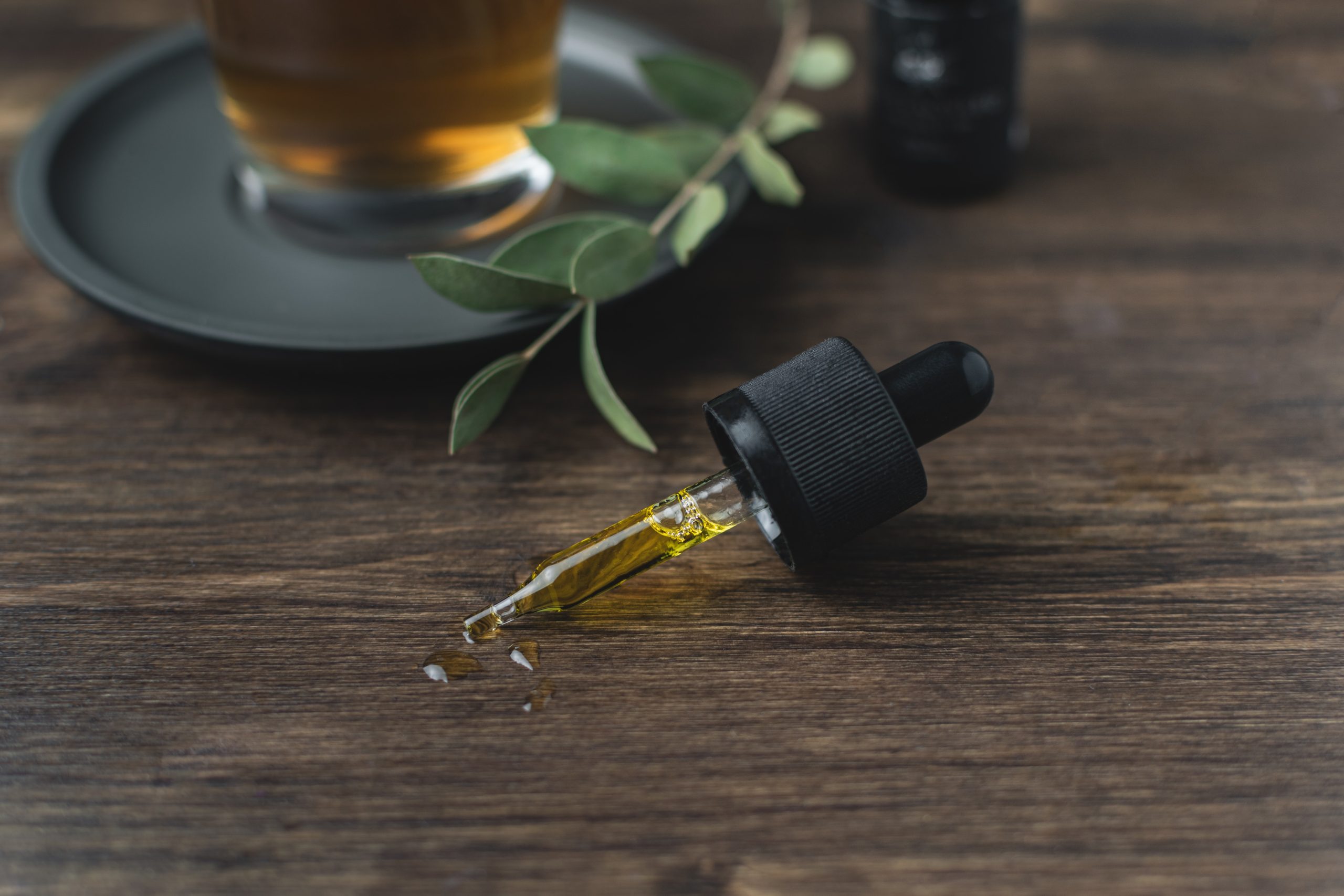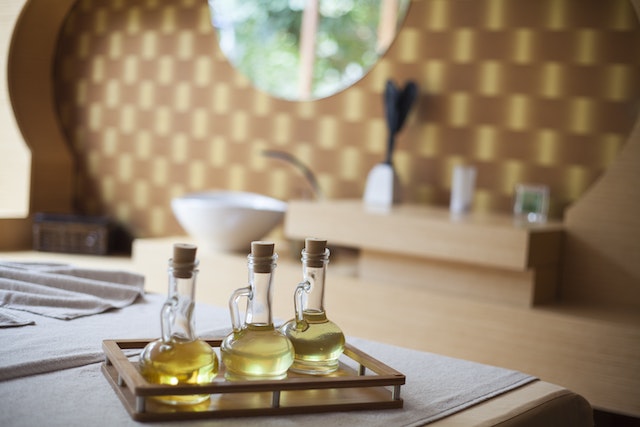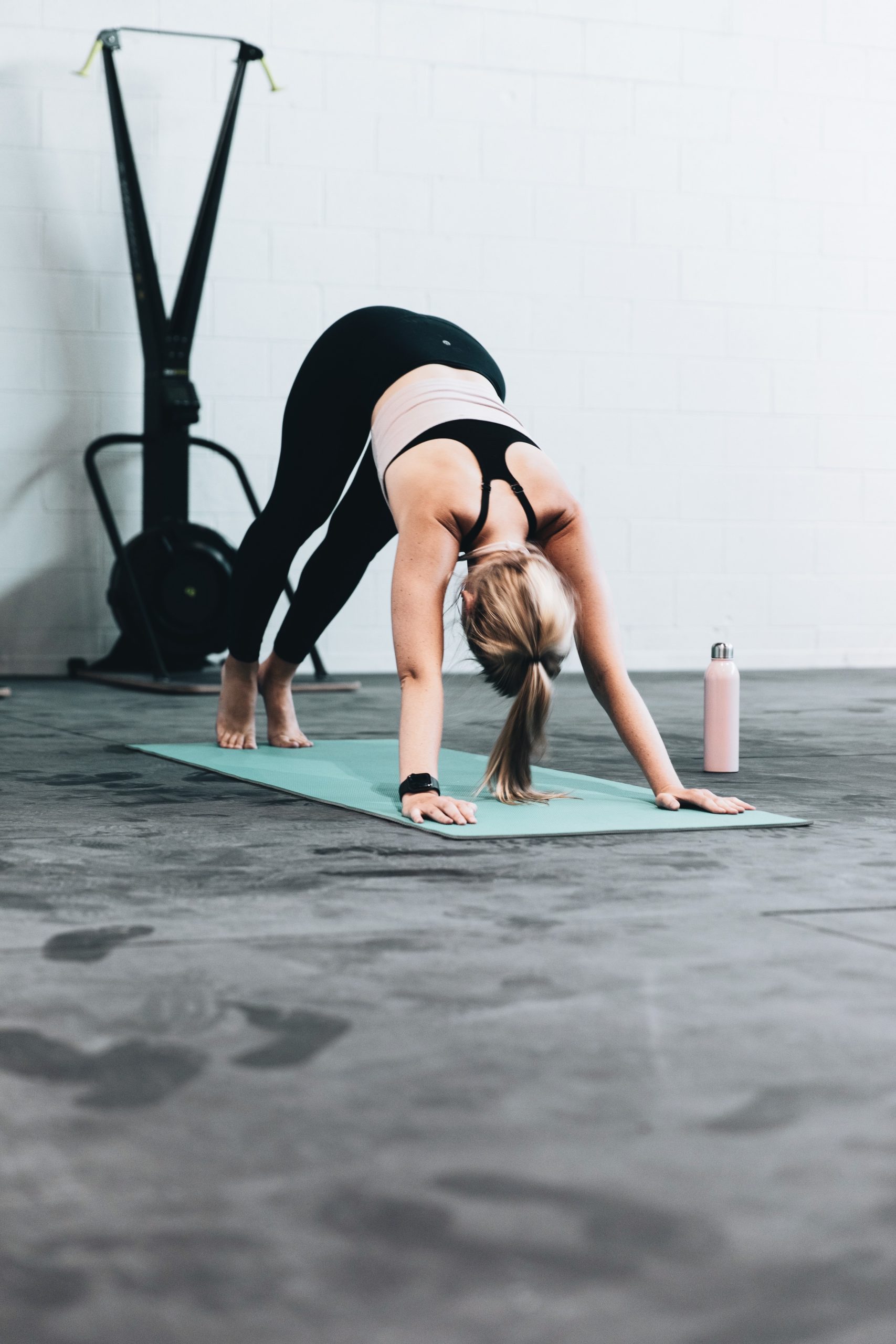Essential oils have become increasingly popular in recent years, touted for their numerous health benefits and natural properties. From aromatherapy to skincare, these oils are used for a variety of purposes. But when it comes to using essential oils on your skin, there’s often confusion around the risks and benefits. Can they really do more harm than good? In this blog post, we’ll explore everything you need to know about essential oils and skin health – from the potential risks to recipes for homemade skincare products that can help you reap all the benefits without any negative side effects!
What are essential oils?
Essential oils are highly concentrated plant extracts that contain various natural compounds. They are obtained through a process of steam distillation or cold-pressing, from different parts of plants such as leaves, flowers, roots, and seeds. Each oil has its unique set of properties that make them useful for many purposes.
Essential oils have been used in traditional medicine for centuries due to their healing powers. They can be inhaled, applied topically or ingested depending on the desired effect.
The benefits of essential oils vary widely depending on the specific oil being used. For example, lavender is known to promote relaxation and calmness while tea tree oil is often used for acne-prone skin due to its anti-inflammatory properties.
It’s important to note that not all essential oils are safe for everyone and some may even cause harm when misused. Therefore it’s important to do your research before using any oil topically or internally.
In summary, essential oils are potent plant extracts with numerous health benefits but require caution when using them topically or internally.
What are the benefits of using essential oils on your skin?
Essential oils have been used for centuries for their therapeutic and healing properties, including their benefits for the skin. Here are some of the key advantages of using essential oils on your skin:
1) Moisturization: Essential oils can provide deep hydration to dry or damaged skin, preventing flakiness and improving overall texture.
2) Anti-aging: Many essential oils contain antioxidants that help protect against free radicals, which can cause premature aging. Lavender, frankincense and rosemary are just a few examples.
3) Acne treatment: Tea tree oil is known for its antibacterial properties and has been proven effective in treating acne-prone skin.
4) Calming effects: Certain essential oils like chamomile and lavender have calming effects on the skin, reducing inflammation and redness.
5) Brightening effect: Citrus-based essential oils such as lemon or orange can brighten dull-looking skin by promoting cell turnover.
It’s important to note that not all essential oils are suitable for every individual’s unique skincare needs. It’s always best to do thorough research before incorporating any new products into your routine to avoid potential adverse reactions.
Are there any risks associated with using essential oils on your skin?
While essential oils have numerous benefits for the skin, it’s important to be aware of any potential risks that come with using them. One major concern is the possibility of an allergic reaction. Essential oils are incredibly potent and can cause skin irritation or even a rash in some individuals.
Another risk associated with using essential oils on your skin is phototoxicity. This occurs when certain oils react negatively to sunlight, causing burns or discoloration on the skin. It’s recommended to avoid applying photosensitive essential oils before spending time outdoors.
Using undiluted essential oils directly on the skin can also lead to sensitization over time, which means that you may become more prone to experiencing adverse reactions from those specific oils in the future.
It’s crucial to always do a patch test before using any new oil on your skin and make sure you’re purchasing high-quality, pure essential oils from a reputable source. Additionally, pregnant women should consult their healthcare provider before incorporating essential oil use into their skincare routine.
While there are risks associated with using essential oils on your skin if used correctly they can provide significant benefits without causing harm.
How do you choose the right essential oil for your skin type?
Choosing the right essential oil for your skin type is crucial to achieve optimal results. Not all essential oils are created equal, and each one has unique properties that cater to specific skin concerns.
Firstly, determine your skin type. Is it oily, dry, or a combination of both? Once you have identified your skin type, research which essential oils work best for it. For example, tea tree oil is great for those with oily or acne-prone skin as it helps regulate sebum production.
It’s also important to consider any allergies or sensitivities you may have before using an essential oil on your face. Always do a patch test first and dilute the oil with a carrier oil like jojoba or coconut before applying it topically.
When choosing an essential oil brand, opt for high-quality ones that are pure and free from additives or synthetic fragrances. Look out for certifications like USDA organic to ensure its authenticity.
Experiment with different blends to find what works best for you. You can mix two or more essential oils together depending on your needs and preferences.
In summary, choosing the right essential oil involves identifying your skin type, researching which oils work best for it while considering any allergies/sensitivities you may have. Opting for high-quality brands and experimenting with blends can help achieve optimal results in skincare routines!
Recipes for homemade skincare products with essential oils
Looking for natural and affordable ways to maintain your skin’s health? Look no further than essential oils! By combining these powerful plant extracts with a few other simple ingredients, you can make your own DIY skincare products that are free from harsh chemicals and additives.
One popular recipe is a facial serum made with frankincense, lavender, and jojoba oil. Simply mix together equal parts of each oil and apply a small amount to your face after cleansing. This serum can help reduce the appearance of fine lines and wrinkles while also moisturizing your skin.
If you’re dealing with acne-prone skin, try making a spot treatment using tea tree oil. Mix 2-3 drops of tea tree oil with some coconut or olive oil, then dab onto any blemishes before bed. Tea tree oil has antibacterial properties that can help clear up acne without drying out your skin like traditional treatments.
For an all-over body moisturizer, consider making a whipped shea butter blend infused with grapefruit essential oil. Melt together equal parts shea butter and coconut oil in a double boiler, then let cool slightly before adding in several drops of grapefruit essential oil. Whip the mixture until light and fluffy, then store in a clean jar for use as needed.
Remember to always do research on proper dilution ratios before using any essential oils topically, as they can be very potent when used undiluted!
Conclusion
Essential oils can be a wonderful addition to your skincare routine when used properly. They offer numerous benefits for the skin and can help address a variety of skin concerns. However, it’s important to understand that they are powerful substances and should be used with caution.
Before using any essential oil on your skin, make sure you research its potential risks and benefits thoroughly. Always dilute them properly in carrier oils or other products before applying them topically. And if you have sensitive skin or any underlying health conditions, consult with a healthcare professional before incorporating them into your routine.
By following these guidelines and choosing high-quality essential oils from reputable sources, you can enjoy their many benefits without risking harm to your precious skin. So go ahead and experiment with different blends – who knows, you may just discover your new favorite skincare ingredient!










